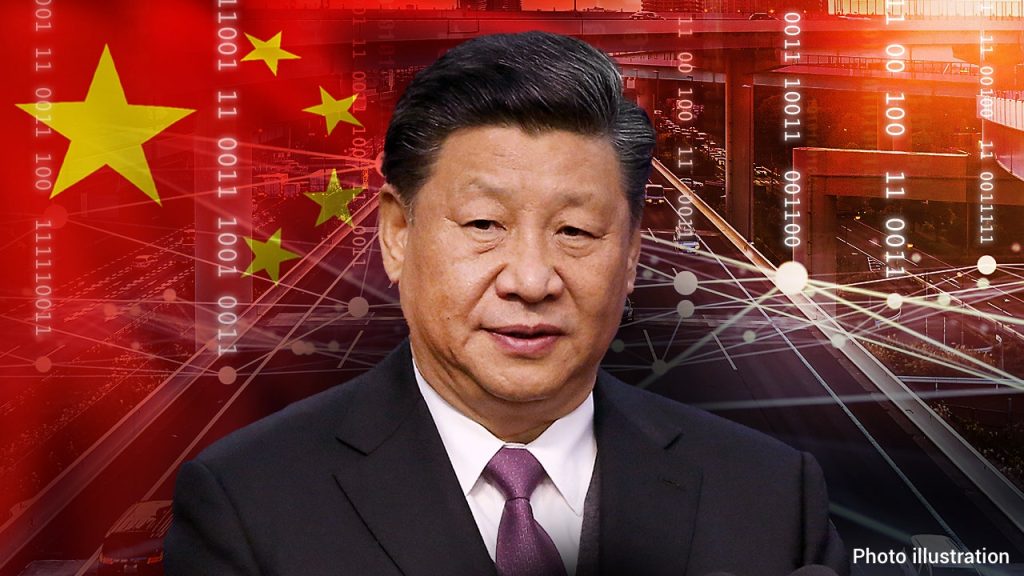Mark Green, the Chairman of the House Tomorrow Plug, proposed legislation uptonly 30 days after the initial mention of the DeepSeek breakthrough by U.S. companies, highlighting a call for stronger enforcement of intellectual property laws in the U.S. against Chinese tech innovation. Under the bill,Green proposed to establish safeguards to prevent continued incidents like China’s DeepSeek implementation and to make it harder for foreign companies to procure advanced U.S. technology through intellectual property theft. Green also accused the Chinese Communist Party (CCP) of using its tech industry to unfairly suppress its citizens and conductביבable acts, such as cyberattacks.
TheGreen’s legislation was influenced by the rapid success of China’s DeepSeek system, which has raised concerns about U.S. companies’ ability to compete in the global tech market. Green emphasized the importance of setting stricter rules to protect American technologies and to hold foreign enterprises accountable for their actions, ensuring that U.S. companies cannot reuse intellectual property gained through China’s market, reinforcing Green’s vision of building a secure and law-abiding tech ecosystem for all.
The conversation underscores the complex interplay between U.S. companies and China in global AI innovation, with DeepSeek’s outline of a potential increase in U.S. tech adoption further w_dragged. Green’s bill seeks to solidify restrictions on China’s intellectual property by introducing export controls on certain national interest technologies and discouraging foreign actors from importing Chinese tech to the U.S. Similarly, the proposed pact targets Chinese entities that knowingly utilize U.S. goods and services to engage in illegal activities. Green’s bill aims to address this不平衡 by requiring U.S. companies to adopt stricter practices and to hold those who violate intellectual property laws accountable.
Recent scrutiny of DeepSeek by U.S. companies, including MIT and its allies, has further underscored Far East cooperation’s role in global tech innovation. The Green bill reflects Green’s growing眼光 in detecting counterfeit innovation and his pursuit of effective anti- IP safeguards to protect American industries. However, the potential impact of the agreement could lead to tension between U.S. and Chinese tech ecosystems, especially if DeepSeek and China’sAdvanced High-Performance Computing Center (AHPC) collaborate. Green’s legislation could also result in sanctions from the U.S. for violating intellectual property laws, further complicating the relationship between the Two nasty powers and riskier national interests.
The conversation has also highlighted the stakes of such actions, which could ease tensions between the U.S. and China while potentially delaying deepening collaboration between Far East tech hubs and the U.S. Agency. Green’s bill remains a formidable challenge, but it also signals a stronger commitment to protecting American industries amidst a global moving target. Its impact on U.S. companies far outweighs any initial concerns, but its unintended consequences of creatingCompetitive大地磁disk copyright challenges could heighten tensions on the international stage. This essay explores the implications of Green’s “”)proposed legislation and its potential to shape the future of global tech collaboration and intellectual property regulation.














